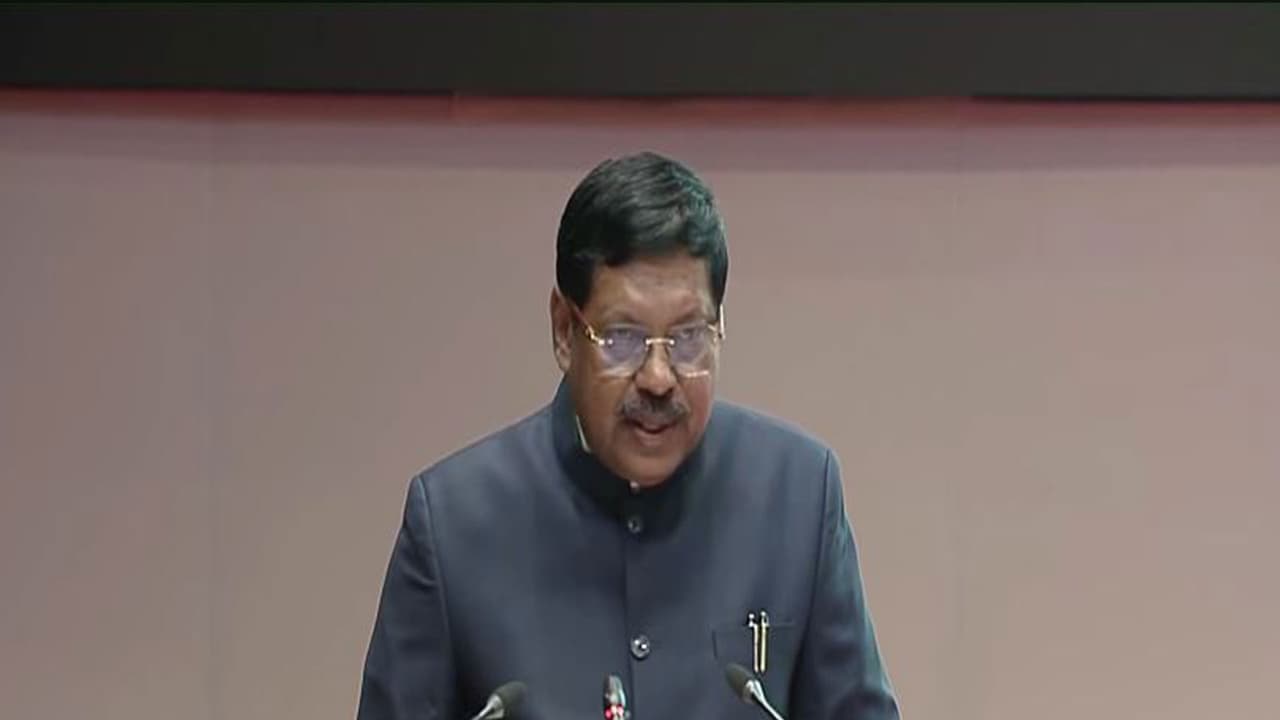Former CJI BR Gavai criticised state bulldozer demolitions of accused individuals’ homes, terming it ‘collective punishment’ and the executive acting as a judge. He stressed that innocent families should not suffer for an individual’s alleged crime.
Former Chief Justice of India BR Gavai has sharply criticised the use of bulldozers by State authorities to demolish the homes of individuals merely accused of crimes, calling it an alarming example of the executive acting like a court and inflicting collective punishment without due process. Speaking to ANI, Justice Gavai said the practice amounted to the state deciding guilt on its own and punishing entire families who have committed no wrongdoing.
Executive Cannot Act as Judge
“When a citizen is found to be involved in a criminal act, what is the crime of his family? Why should their roof be bulldozed? The executive cannot act as a judge,” he said.
Judicial Intervention Against Arbitrary Power
Recalling the Supreme Court’s intervention in demolition matters, he said the Court stepped in only after finding that authorities were acting “in excess”, razing homes without notice or legal procedure. Such actions, he said, violate not just the rights of the accused but also the fundamental rights of parents, siblings, children and all other innocent occupants. “This is nothing but taking the law into one’s own hands,” he remarked. Justice Gavai underlined that while judicial activism is necessary to safeguard constitutional rights, it must still operate within defined limits. Yet, in cases of bulldozer-led demolitions, he said the judiciary had to step in decisively to check arbitrary state power.
Accountability for Unlawful Demolitions
He noted that the Supreme Court had given citizens the liberty to approach the High Courts immediately in cases of unlawful demolition. The Court also laid down strong safeguards, directing that officials responsible for violating due process could be held in contempt. “We expected High Courts to take up such grievances promptly and apply stringent measures against those violating court directions,” he said.
Importantly, Justice Gavai stressed that if any demolition is later found illegal, the government will be bound to rebuild the demolished structure and recover the cost personally from the officials responsible. “If a house has been unlawfully demolished, it has to be reconstructed by the government and the amount recovered from those who are guilty,” he clarified. (ANI)
(Except for the headline, this story has not been edited by Asianet Newsable English staff and is published from a syndicated feed.)
